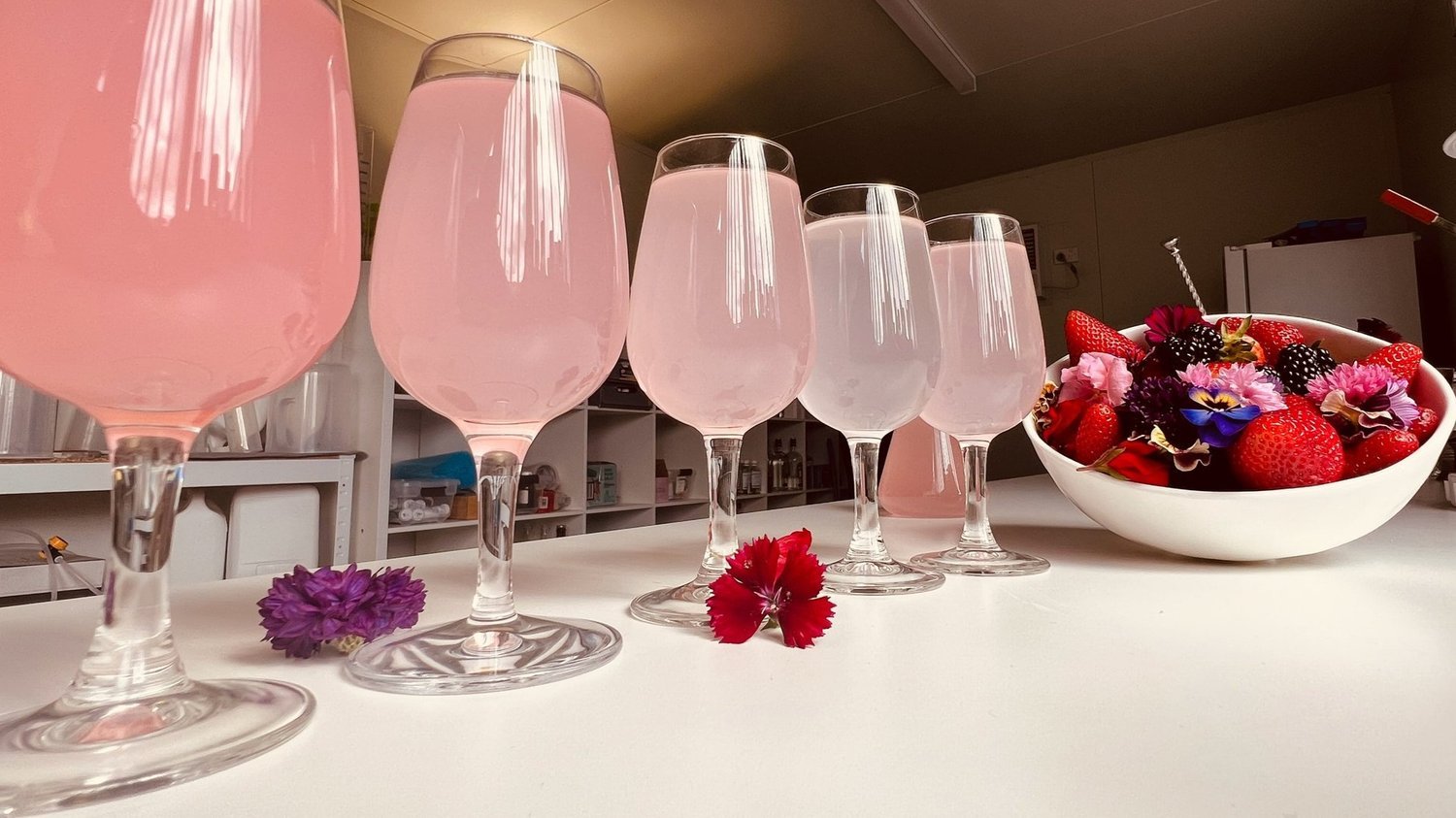
New Product Development
MEET THE TEAM
Food & Beverage Technologist / New Product Development
At the forefront of IDL’s New Product Development (NPD) team is Stephen Phipps, who brings over 15 years of experience as a chef specialising in food and wine pairings. Holding a Bachelor of Food and Nutritional Science and a Bachelor of Science (Honours), Stephen also brings more than seven years of FMCG expertise, ensuring that new products are developed efficiently and tailored to flavour profiles that resonate with consumers. Passionate about innovation, he enjoys crafting unique products with rare and diverse flavour combinations, always focusing on a balanced tasting experience that satisfies the front, mid, and back palate.
IDL are experts in New Product Development. Whether delivering a complete product brief or innovating a one-of-a-kind flavoured beverage, our team has the knowledge and capability to bring your vision to life. Our expertise spans wine, cider, premium spirits, and non-alcoholic products, allowing us to create standout beverages to suit a variety of markets and consumer tastes.
Product Capabilities
Previously crafted beverages
RTD’s: Vodka, Tequila, Rum (white, spiced, aged), Whiskey, Gin and Bourbon (Kentucky, aged)
Canned Cocktails
Tonic Water
Sparkling Water
Cider
Ginger Beer
Wine
Seltzer
Additional ingredients
All our ingredients are high-grade, quality ingredients. Our largest flavour house supplier is a local Victorian supplier.
Hops
Tonic
Flavours: strawberry, raspberry, cola, passionfruit, pineapple, cherry, nectarine, watermelon (we are not limited to only these flavours)
Pressed juices
Cold brew coffee
Rice base ferments
THE PROCESS
1. A pitch or concept is shared with IDL. From there, 2. Our team conducts a collaborative brainstorming session to explore ideas and opportunities. 3. Once concepts are developed, they are shared with the client before moving on to trial sampling. 4. Working closely with the client, the recipe is refined and adjusted to craft the perfect final product. If the product is intended for canning, 5. Corrosivity testing is completed to ensure compatibility and stability. 6. The approved recipe is then scaled up for mass production, and finally, 7. The finished product is packaged—whether in cans, bottles, or kegs—and transported to the client.